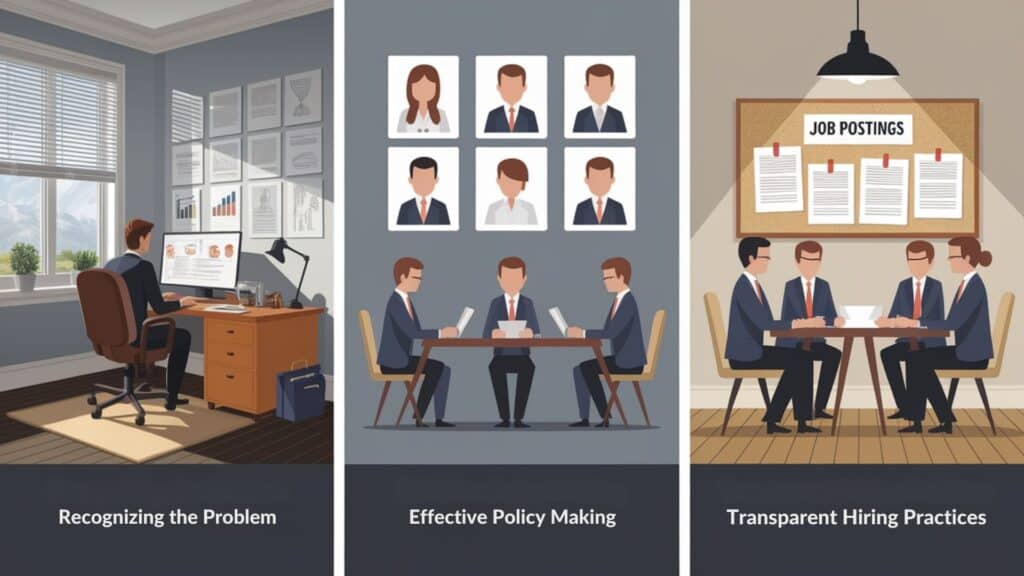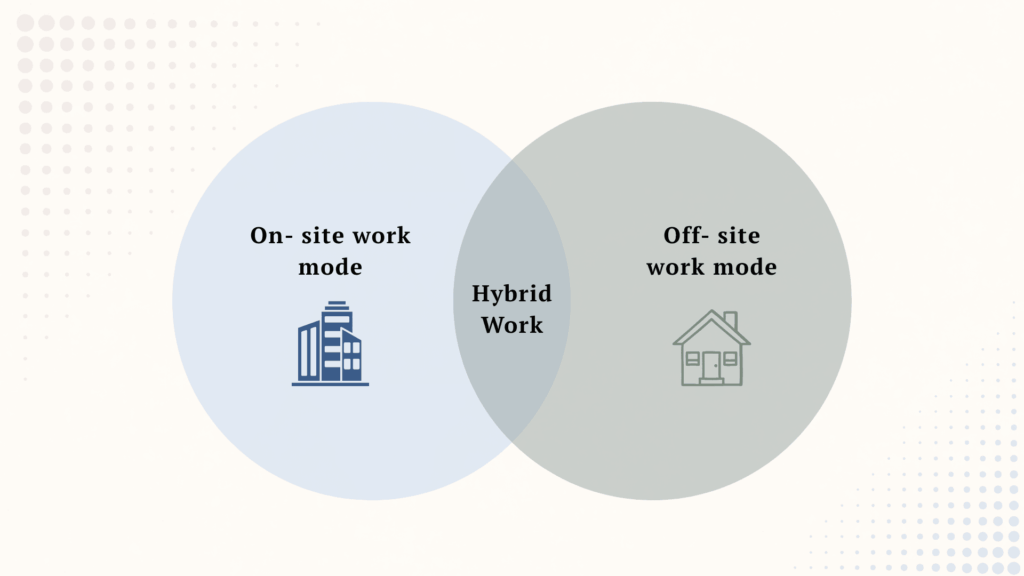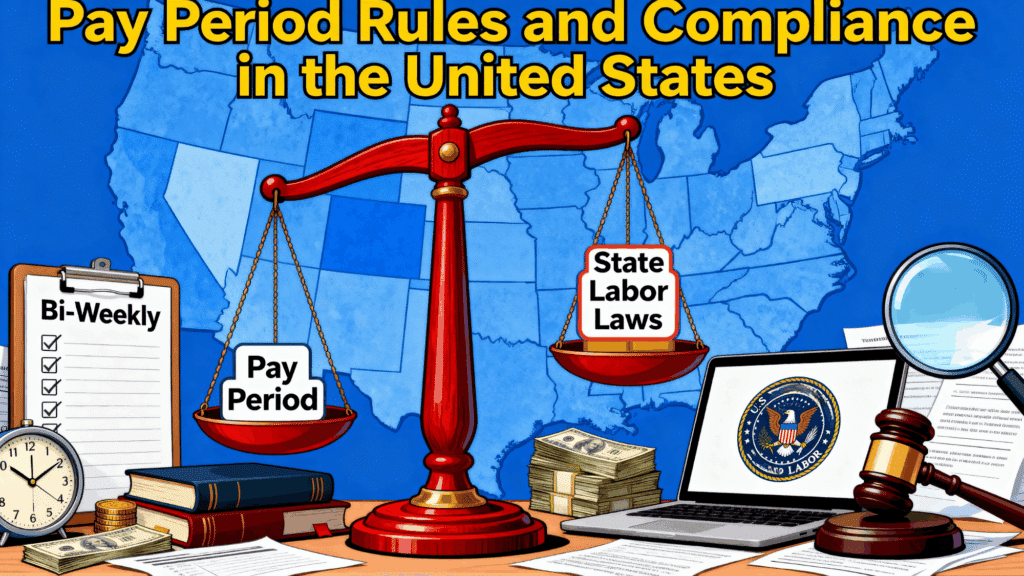What is Nepotism in the Workplace?
Nepotism occurs when family members or close friends receive jobs or promotions over more qualified candidates, often regardless of merit.
Special treatment, such as overlooking mistakes or giving favorable schedules, is common, while others face penalties for similar actions.
Hiring family members isn’t inherently nepotism, but it becomes problematic when they’re promoted over more qualified employees due to family ties, even if they’re capable.
Examples of Nepotism in the Workplace:
-
Executive Promotions Within a Company
A manager promotes their sibling or cousin to a leadership role despite other employees having stronger qualifications or experience. -
Preferential Access to Training or Projects
Family members are given exclusive access to high-visibility projects or professional development programs, accelerating their career growth over peers. -
Conflict of Interest in Vendor or Client Deals
A relative or close friend is awarded a vendor contract or consulting role without a competitive bidding process, bypassing fair evaluation.
Popular Cases of Nepotism in the Workplace
Nepotism in the workplace has made headlines in several high-profile cases that show how favoritism hurts organizations:
Case 1: The Government Contract Scandal
Former GSA official Helen Renee Ballard and her husband were sentenced to prison in 2017 for a nepotism scheme involving over $200,000.
Between 2010 and 2014, they submitted more than 139 false employment applications to federal agencies, including the FBI and State Department, to get jobs for family members.
The couple fraudulently induced federal contractors to hire Steve Ballard and four relatives for positions on contracts that Renee supervised.
Both pleaded guilty and were ordered to pay $215,190 in restitution, prompting reforms in federal hiring oversight.
Case 2: The COVID Contract Controversy
UK Health Secretary Matt Hancock faced scrutiny in 2020 when his former pub landlord, Alex Bourne, received a £40 million government contract for COVID testing supplies.
Bourne’s company, which previously manufactured pizza boxes and plastic cups, had no experience with medical supplies.
Critics questioned how a pub landlord with no relevant background secured such a massive contract.
The case drew widespread media attention and sparked debates about government procurement and fairness.
Case 3: The Media Dynasty Lawsuit
Rupert Murdoch faced a major lawsuit in 2011 when News Corporation shareholders sued him for $675 million over the acquisition of his daughter Elisabeth’s television production company, Shine Group.
The Amalgamated Bank of New York and Central Laborers Pension Fund accused Murdoch of “paying for nepotism.”
The lawsuit claimed he treated News Corp “like a wholly owned family candy store” and had “larded the executive ranks of the company with his offspring.”
Critics argued the deal was unfair to shareholders and questioned whether the company was worth the massive price tag.
Case 4: The Political Nepotism Pattern
President Donald Trump appointed his daughter Ivanka Trump and son-in-law Jared Kushner to prominent White House advisory roles in 2017.
Critics argued that their positions were based more on kinship than qualifications, particularly due to their lack of government experience.
The appointments sparked public debate over nepotism and ethical concerns in the administration.
Case 5: Nepotism in Samsung
The Samsung nepotism case centers on the appointment of the chairman’s son, Lee Jae Yong, as the company’s vice president in 2014.
This decision sparked strong objections from shareholders, who argued that it was made undemocratically and based solely on nepotism.
The People’s Solidarity for Participatory Democracy (PSPD), a group advocating for minority shareholders, criticized the move, claiming that Lee lacked the necessary qualifications.
Signs of Nepotism in the Workplace
Nepotism often appears in subtle ways, but its effects can be clearly observed in how decisions are made and opportunities are distributed.
Recognizing these signs helps employees and managers identify favoritism and maintain fairness in the workplace:
- Family members or friends are promoted over more qualified employees.
- Certain employees receive favorable schedules, assignments, or leniency for mistakes.
- Key positions are filled without transparent hiring processes.
- Opportunities for growth or projects are disproportionately given to relatives or close connections.
- Decisions are made behind closed doors, without input from other team members
Is Nepotism Illegal?
Nepotism is not automatically illegal, especially in private companies where owners have flexibility in hiring decisions.
However, it becomes a legal concern if it results in discrimination, violates employment contracts, or breaches anti-bias or equal opportunity laws.
In government positions and public sector roles, strict rules often prohibit hiring or promoting relatives to prevent unfair advantages.
Violations in these cases can lead to penalties, fines, or disciplinary actions, ensuring that employment decisions remain merit-based.
Laws that Protect You Against Nepotism
The legal status of nepotism varies significantly between public and private sectors, with different rules applying based on the type of organization.
1. Federal Government Nepotism Laws
Federal law strictly prohibits nepotism in government employment.
As per Federal Anti-Nepotism Statute (5 U.S.C. § 3110), federal officials cannot appoint, employ, promote, or recommend for appointment any relative to positions within their agency or department.
Nepotism can become a federal crime under 18 U.S.C. § 208 when a federal official participates in matters in which they have a personal financial interest.
Violations can result in fines of up to $50,000 and imprisonment for up to 5 years.
The U.S. Merit Systems Protection Board can impose penalties, including reprimands, suspensions, demotions, removal from federal employment, prohibition from government work for up to 5 years, and fines up to $1,000.
2. State and Local Government Laws
Several states have specific anti-nepotism laws for public employment.
Kansas andKentucky have statutes preventing public officials from hiring family members.
Ohio has ethics laws prohibiting public officials from participating in hiring decisions affecting relatives.
Massachusetts enforces conflict of interest laws through documented cases and fines for violations of nepotism.
3. Corporate Governance Requirements
In the public sector, the Sarbanes-Oxley Act requires the disclosure of conflicts of interest to stakeholders, making nepotism a potential compliance issue for public companies.
Family-owned businesses have more flexibility in hiring relatives, though they should still maintain fair practices to avoid discrimination claims and employee relations problems.
3. Whistleblower Protections
Government workers who witness nepotism can file complaints with the Office of Special Counsel (OSC) with full whistleblower protection against retaliation.
While private employees have fewer formal protections, many companies offer anonymous reporting channels for concerns about nepotism.
The Ripple Effect of Nepotism
Nepotism doesn’t just affect individuals; it impacts the entire organization.
When merit is overlooked and personal connections take priority, employees become frustrated and disengaged.
This leads to lower productivity, higher turnover, and a fragmented work environment.
Over time, long-term mental health impacts such as stress, burnout, and depression can occur.
How Employees Can Tackle Nepotism in the Workplace?

When facing nepotism in the workplace, employees can take practical steps to safeguard their careers and emotional well-being.
Here is how you can approach the situation:
1. Document Everything
It’s crucial to keep detailed records of all instances where you see nepotism at play.
This includes unfair promotion decisions, times when family members received special treatment, and documentation of your own performance and achievements.
If conversations about biased practices occur, make note of them as well.
By maintaining a thorough record, you can build a strong case if you need to file a formal complaint.
2. Focus on Skill Building
One of the best ways to strengthen your position is by continuously improving your skillset.
Take on projects that showcase your abilities and increase your visibility within the company.
By earning certifications and taking the initiative to learn new skills, you become an irreplaceable asset to the company.
Building relationships with people in other departments can also increase your network and open up more opportunities for career advancement.
3. Seek HR Support
If you believe that nepotism is impacting your career, it’s essential to approach HR in a professional and fact-based manner.
Present clear documentation of any unfair treatment you’ve experienced or witnessed, and ask about company policies regarding fairness and promotions.
Rather than simply complaining, suggest potential solutions that could improve the situation for everyone, such as creating more transparent hiring practices.
If the company has whistleblower protections or anonymous reporting channels, use them to report nepotism without fear of retaliation.
4. Know When to Move On
Sometimes, despite your best efforts, nepotism may be so deeply ingrained in the workplace that it becomes impossible to advance.
If your concerns are continually ignored, and nepotism remains widespread, it may be time to consider other opportunities.
Your talents and efforts deserve recognition, and a toxic environment can hold back your personal and professional growth.
Moving on to a more merit-based company could be the healthiest decision for your long-term career.
How Can Employers Address Nepotism in the Workplace?

Tackling nepotism requires more than just awareness; companies need clear strategies and policies to foster fairness.
Implementing fair practices benefits both employees and employers, ensuring a merit-based environment that supports growth and success for all.
Here’s how organizations can begin to address nepotism:
1. Recognizing the Problem
Nepotism has significant drawbacks for businesses. High turnover is a common result, which leads to costly recruitment and training processes.
Talented employees are more likely to leave companies that do not value merit-based decisions, which can impact the overall quality of the workforce.
As unqualified individuals are promoted, productivity inevitably drops, and the company’s performance suffers.
Furthermore, the company’s reputation can be severely damaged if nepotism becomes publicly known, leading to difficulties in attracting top talent.
2. Effective Policy Making
To address nepotism, businesses can implement effective anti-nepotism policies.
One key policy is requiring managers to disclose family relationships, ensuring transparency and preventing conflicts of interest.
Another crucial policy is banning relatives from supervising each other, which reduces the likelihood of favoritism influencing workplace decisions.
Using independent panels to make hiring and promotion decisions ensures that choices are based on merit and not personal ties.
3. Transparent Hiring Practices
Implementing transparent hiring practices is vital for maintaining fairness in the workplace.
Advertising roles openly ensures that everyone has a fair chance to apply for positions.
Promotions should be tied to measurable performance outcomes, ensuring that advancement is based on achievement rather than connections.
Involving multiple people in the hiring process further promotes fairness and reduces the chance of nepotism affecting decisions.
Conclusion
Nepotism in the workplace can lead to low morale, reduced productivity, and a toxic environment, harming both individuals and an organization’s reputation.
By recognizing nepotism, enforcing fair policies, and ensuring transparent hiring practices, companies can foster a merit-based culture where everyone has an equal opportunity to succeed.
Employees can safeguard their careers by documenting unfair practices, focusing on skill growth, seeking HR support, and knowing when to move on.
What’s your experience with nepotism? Share your thoughts in the comments.
Your insights could help others dealing with similar challenges.
Frequently Asked Questions
Are There Any Resources for Employees Experiencing Nepotism?
Yes, employees facing nepotism can access resources such as legal aid, union support (if applicable), or professional advocacy groups.
Many countries also have labor boards or ombudsmen who can assist with complaints related to nepotism and unfair practices.
Is Nepotism a Form of Favoritism? How are They Different?
Nepotism is a type of favoritism that specifically involves giving preferential treatment to family members, while favoritism can apply to anyone, regardless of familial ties.
How can Employees Report Nepotism without Backlash?
Employees can raise concerns about nepotism by focusing on its organizational impact, using objective examples, maintaining a professional tone, and suggesting solutions such as transparent hiring processes.
Does Nepotism Include Friends?
Yes, nepotism can include friends. While traditionally associated with family, it also involves favoring close friends for jobs, promotions, or special treatment over more qualified employees.










